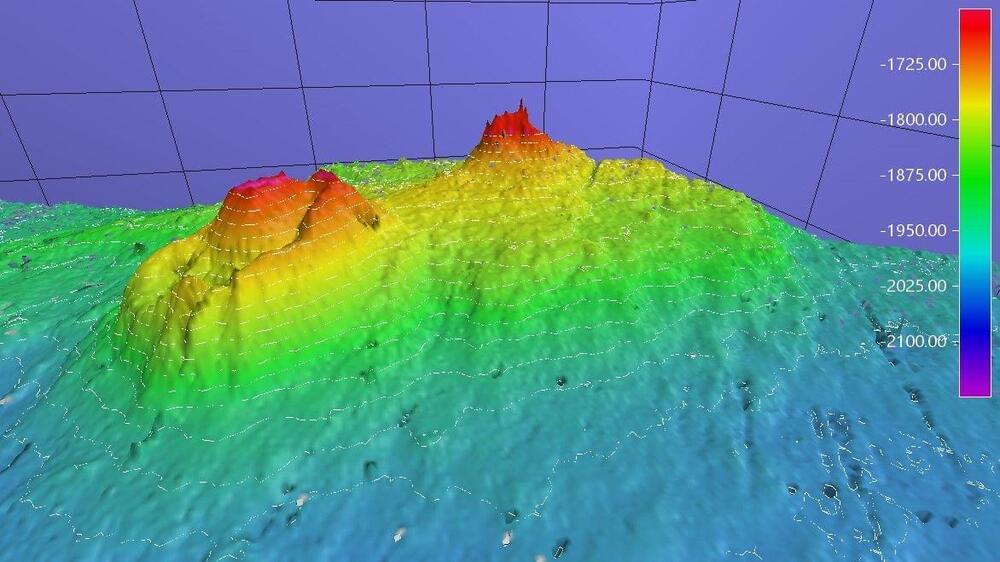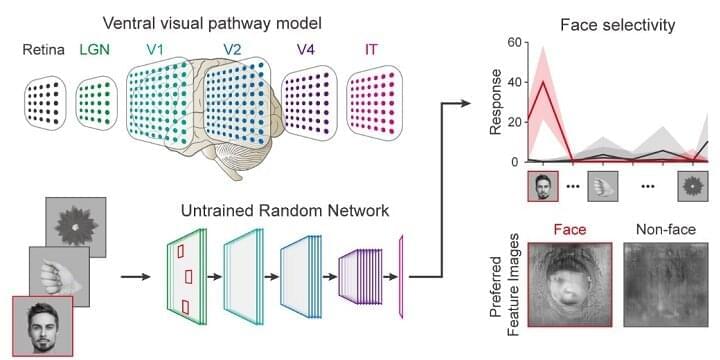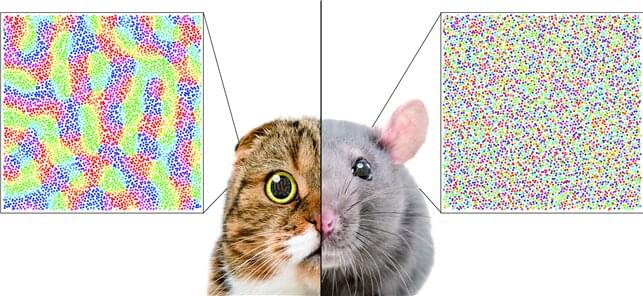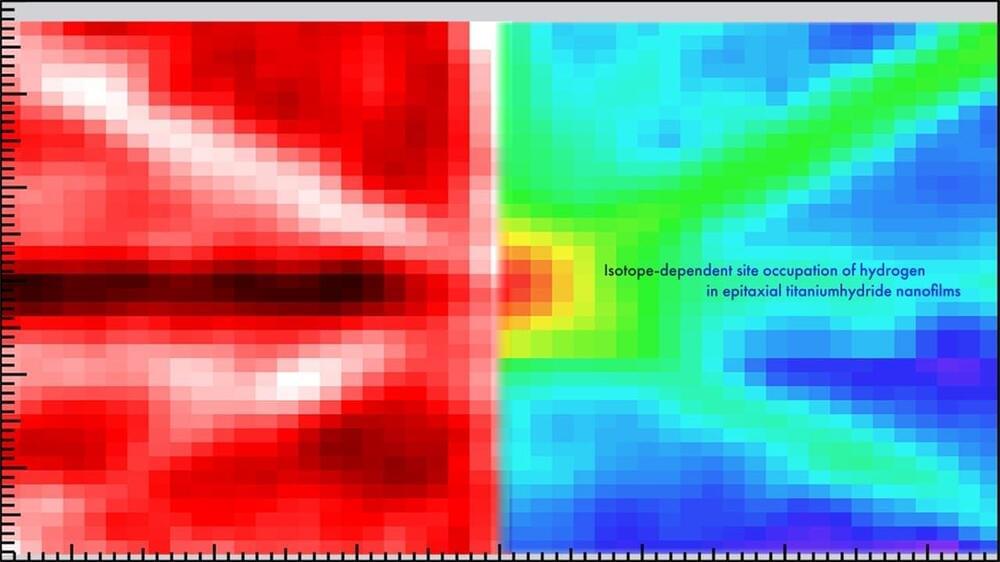Kuhn’s taxonomy of consciousness connects various theories to deep questions about human existence and AI, based on his extensive dialogue with over 200 experts.
“Out of meat, how do you get thought? That’s the grandest question,” said philosopher Patricia Churchland to Robert Lawrence Kuhn, the producer and host of the acclaimed PBS program Closer to Truth and member of FQxI’s scientific advisory council.
Kuhn has now published a comprehensive taxonomy of proposed solutions and theories regarding the hard problem of consciousness. His organizing framework aims to assess their impact on meaning, purpose, and value, as well as on AI consciousness, virtual immortality, survival beyond death, and free will. His work, titled ‘Landscape of Consciousness,’ appeared in the August 2024 issue of the journal Progress in Biophysics and Molecular Biology.






